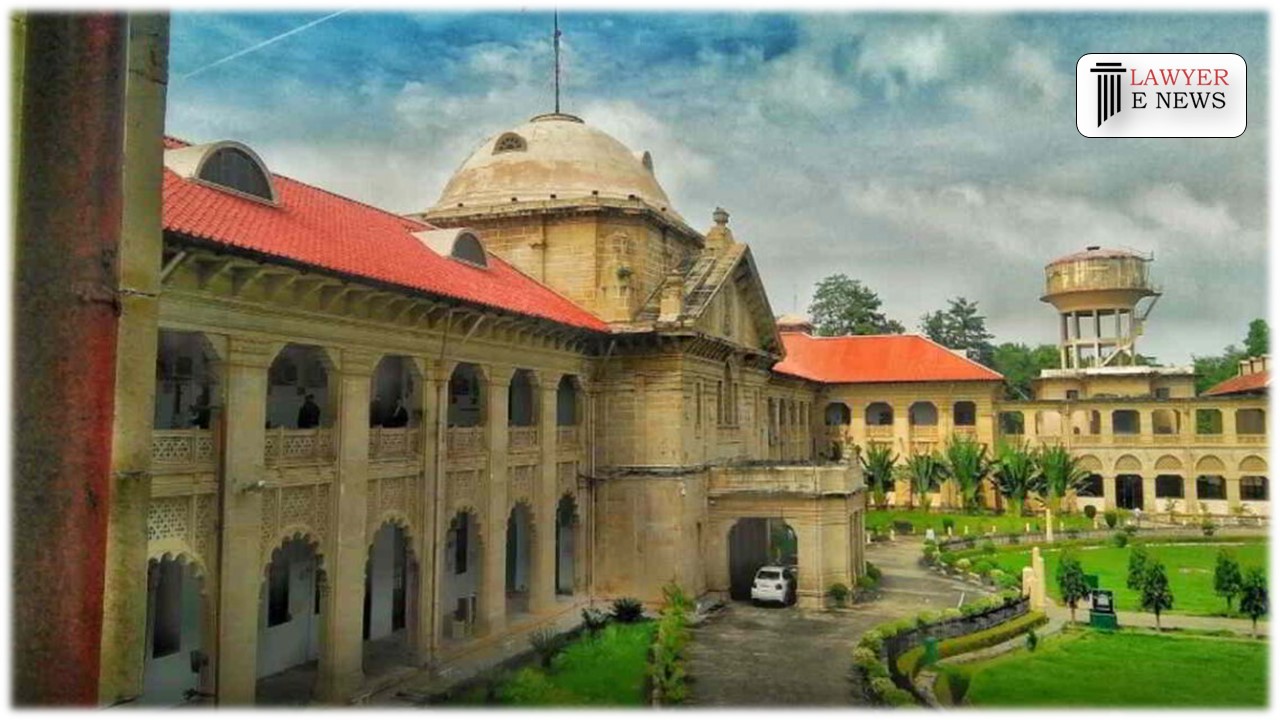-
by Admin
15 February 2026 5:35 AM



High Court rejects application to quash criminal proceedings in traffic accident case, emphasizing the necessity of trial for resolving disputed facts.
The Allahabad High Court has rejected an application to quash criminal proceedings in a case involving a traffic accident, underscoring the necessity for disputed facts to be examined in a trial. The decision, delivered by Justice Dinesh Pathak, emphasized the limited scope of Section 482 of the Code of Criminal Procedure (Cr.P.C.) in quashing proceedings and advised the accused to apply for bail.
Credibility of the Trial Process: Justice Dinesh Pathak highlighted that the factual disputes and technical reports surrounding the accident must be scrutinized during the trial. “In the exercise of inherent power under Section 482 Cr.P.C., this Court is not expected to analyze the factual evidence which is to be placed before the trial court,” Justice Pathak stated. The Court reiterated that the trial court is the appropriate forum for such evaluations.
Disputed Facts: The Court noted that the applicant’s arguments about the auto rickshaw being rammed from behind by the truck are matters to be proven at trial. “The innocence of the present applicant, as is being tried to put forward, is a matter of trial which can more appropriately be adjudicated upon by the trial court after appraising the evidence on record,” observed Justice Pathak. This stance aligns with established legal principles that disputed factual issues should be resolved through a thorough examination of evidence during the trial.
The judgment extensively discussed the principles of exercising inherent jurisdiction under Section 482 Cr.P.C. The Court referred to numerous precedents, including R.P. Kapur v. State of Punjab (1960), State of Haryana v. Bhajan Lal (1992), and M/s Neeharika Infrastructure Pvt. Ltd. V. State of Maharashtra (2021), to underscore the exceptional nature of such powers. “The power of the High Court in quashing a criminal proceeding or an FIR or a complaint in exercise of its inherent jurisdiction is distinct and different from the power given to a criminal court for compounding the offences under Section 320 of the Code,” the judgment cited from Gian Singh v. State of Punjab (2012).
Justice Pathak remarked, “Great care should be taken by the High Court before embarking to scrutinize the complaint/FIR/chargesheet in deciding whether the rarest of the rare case is made out to scuttle the prosecution in its inception.” This cautionary note highlights the judiciary’s careful approach to using its inherent powers.
The Allahabad High Court’s decision to dismiss the application for quashing proceedings reinforces the judiciary’s commitment to allowing the trial process to address disputed facts and evidence. By advising the applicant to apply for bail within the specified timeframe, the Court ensures adherence to procedural fairness while maintaining the integrity of the judicial process. This judgment underscores the importance of the trial court in resolving factual disputes and sets a precedent for similar cases in the future.
Date of Decision: 19th June 2024
UMAKANT SHUKLA VS STATE OF U.P. AND ANOTHER
